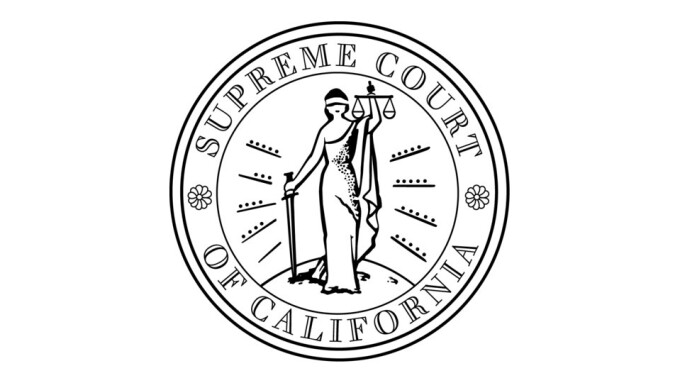LOS ANGELES — A recent ruling by the California Supreme Court is causing a stir among adult business owners, including performers who have been discriminated against by the global banking system, raising hopes of relief — but misunderstandings may motivate merchants down a legal dead-end.
It all started with a simple tweet from the Adult Performers Actors Guild (APAG), quoting California justices in the Square case as opining, “[A] person who visits a business’ website ... and encounters terms ... that exclude equal access ... has standing under the Unruh Civil Rights Act, with no further requirement that the person enter into an agreement ... with the business.”
Additional tweets raised the hopes of adult entertainment companies and escort services who have long faced an uphill battle in getting and keeping cost-effective transaction processing that a remedy could be found in suing internet payment processors for discriminatory conduct.
Not so fast, said a pair of top adult industry attorneys.
“The ruling was very narrow,” Larry Walters of FirstAmendment.com told XBIZ, “and limited to whether standing to sue can be established by alleging an intent to use the online services, as opposed to actually entering into a contract for services.”
“The court specifically did not rule on whether a plaintiff can sue for discrimination under California law on the basis of occupation,” Walters explained. “The court also did not rule on whether this was a proper class action.”
Silverstein Legal’s Corey Silverstein agreed with Mr. Walters’ comments and told XBIZ, “I really don’t see this decision as groundbreaking in any way whatsoever.”
“This is really about a trial judge who wrongly dismissed a case based on lack of standing,” Silverstein said. “I have always been a big proponent of a Plaintiff having their day in Court, regardless of whether the Plaintiff is ultimately successful.”
Silverstein explained that this is really all the California Supreme Court is saying in the relevant text:
“We conclude that a person who visits a business’s website with intent to use its services and encounters terms or conditions that exclude the person from full and equal access to its services has standing under the Unruh Civil Rights Act, with no further requirement that the person enter into an agreement or transaction with the business. We disapprove Surrey v. TrueBeginnings, LLC, supra, 168 Cal.App.4th 414, to the extent it is inconsistent with this opinion.”
“Having the ability to bring a claim to court and not be summarily dismissed is far different from the issue at hand,” Silverstein added. “In fact, this decision says absolutely nothing about the viability of the Plaintiff’s claim.”
For adult merchants hoping that litigation over “equality of access to services” based on this announcement might solve being labeled as “a high-risk business” or having their banking services revoked because of their work in adult, this ruling provides no clear foothold.
“I would be careful not to read too much into this ruling,” Walters concluded, noting that “future proceedings in the trial court may shed some light on the more interesting questions affecting adult businesses.”
When those rulings emerge, XBIZ will report on them.








